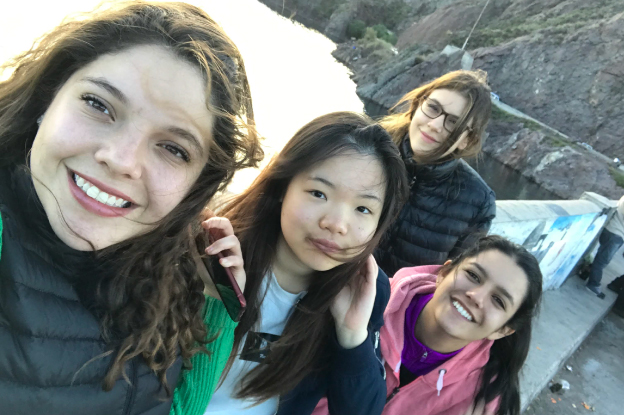Domain Expertise:
Linguistics and English Studies
- Kate Lai Mei Lam studied "English Studies for the Professions" at the Hong Kong Polytechnic University, which primarily focused on linguistics and English. Her area of study involved the analysis of language, communication, and the study of English in various contexts.
Linguistic Landscape
- Kate explained the concept of linguistic landscape, which refers to all the signs and symbols visible in a public area, including languages, images, logos, graphs, and colors. It involves analyzing the languages used in a particular place to understand local linguistic patterns and communication practices.
Research Framework in Linguistics
- Kate emphasized the importance of having a research framework in linguistic research. A research framework provides a structured approach and guidance for conducting research studies, ensuring they are well-grounded and reliable. It involves integrating existing studies and theories to support the research.
Communication Analysis
- As a student in the Department of English and with a focus on linguistics, communication analysis is a crucial domain knowledge. Kate mentioned the significance of communication skills and their relevance in various fields of study and life.
Time Management in Academic Settings
- Kate shared her learning experience of good time management in dealing with multiple assignments and academic tasks during her studies. Time management is an essential domain knowledge for students to balance their academic workload effectively.
Professional Competences
" Language itself to me is very intriguing because without it, we can’t really communicate and share our knowledge as it’s so essential to our lives. "
" Research framework is a structure that supports and guides a research study. it’s as important to have it in linguistic research as in research in other fields. "
" It’s necessary to learn to construct a valid research framework because otherwise your research won’t be well-grounded and reliable. "
" When we deal with certain data for linguistic research, we must be able to interpret them critically, identify patterns in them, and draw conclusions from the analysis; that’s why analytical skills are also crucial. "
Lifelong Learner
" It could be quite challenging when I learned a new concept or theory and had to apply it to an assignment; because putting something in practice can be different from understanding it. "
" Don’t be afraid to ask questions and voice out your ideas in class. It can be intimidating as you may think the questions or ideas are ‘stupid’ but honestly everyone is there to learn and no one should be judged." "
" Try to join some activities that give you international exposure. It was truly amazing how much I learned from those kinds of overseas experiences by interacting with local people. "
